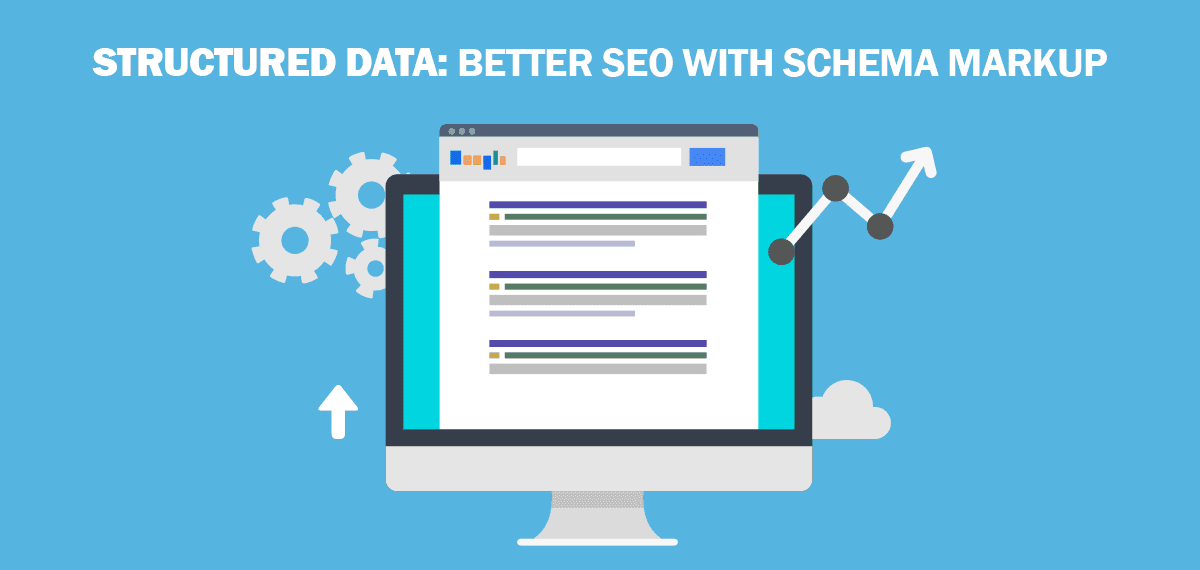If you follow our blog, then hopefully by now you’re a bit more familiar with the basics of SEO and how it can help your website, and therefore your business.
Are you ready to take it to the next level?
In this article we’ll look at the use of structured data and how it can supercharge your SEO to get you ahead of the competition. This clever bit of code will serve to further boost your rankings and make your website even more helpful and informative to audiences. And the best thing about structured data is that so many businesses still aren’t using it, so it’s perfect for a quick SEO win.
Structured data is a very complicated subject, so we’ll try not to get too techie on you. Our aim is to give you a basic understanding of what it is, why you should have it and how it can help your website’s SEO.
So, what is structured data?
You know when you enter a search term into a search engine and you get a list of results back? Have you ever noticed that some listings have more detail than others? This might include information such as opening times, location, prices or dates of upcoming events, for example. This is called a ‘rich snippet’ and you get it there by adding structured data to your site. Structured data is a type of code written in a specific format for the search engines to understand.
It gives search engines more detail and context about your website, web page, or a piece of content, so they have a better idea of what it is about. It makes it easier for the search engine to get your content to the people who are looking for it, rather than having to guess whether your page is in the realms of what they are looking for.
You can easily apply this code to a variety of content, as there is specific code, or ‘data markup’ for specific information, such as local businesses, restaurants, recipes, book reviews, movies, articles, products in your store, and much more.
It all serves to add more data to your search engine result pages (SERP). This is also great for your bounce rate as it should improve the quality of visitors to your site, as theoretically they should have enough additional information from your SERP to decide whether you might have what they are looking for.
How to apply structured data
A few years ago, the top search engines, including Google, Microsoft and Yahoo, started working together on a project called Schema.org, which contains all the structured data markup they support.
It’s basically a huge collection of code that you can search to find what you need for your particular page or content. You can copy and adapt it to suit your requirements and the search engines can decide what to do with this information, and hopefully turn it into a rich snippet.
It is quite tricky, but you can get plugins to help, or we can do it for you – it’s what we’re good at after all – and it’s a really worthwhile exercise.
Why is structured data good for SEO?
I think we’ve already alluded to this earlier in the article, but the main benefit of structured data is that it helps the search engines to understand what your pages are about. This additional context can be very useful, especially if your business is called ‘Tom Jackson & Sons’ rather than ‘Tamworth Plumbing Services’, for example.
As well as more effective search results, the additional information contained within your structured data rich snippet should improve the number of click-throughs you’re getting from people actually looking for your services, rather than those who came looking for fencing the sport and found your garden fencing company instead. More clicks are good for your SEO and, when they’re decent leads, they’re also good for business.
Feel free to get in touch if you want to find out more about structured data and how you can start using it to your advantage.


